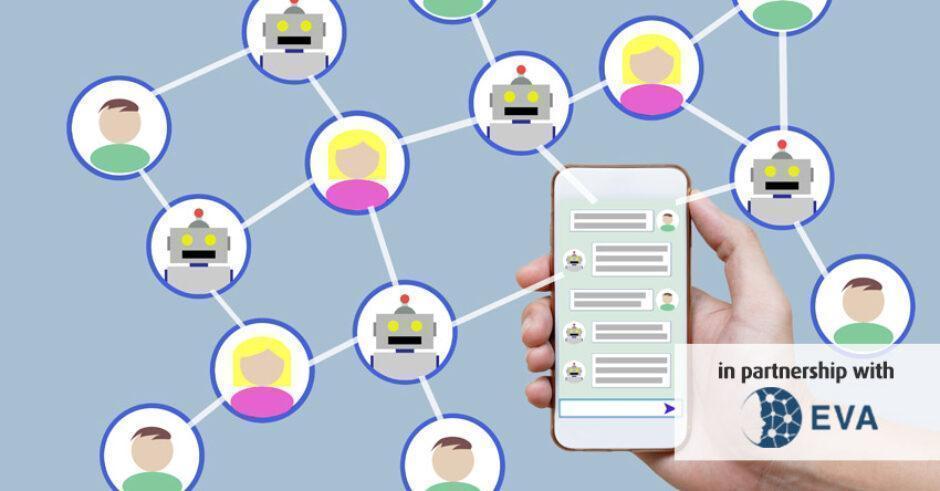What is Colloquialism?
Generally speaking, colloquialism is the use of informal words, slangs or phrases in day to day communication. Colloquialism is always driven by the time or space in question, its associated cultural/social norms and the technology available at the set time.
The internet and Colloquialism
Digitalisation and the internet have had a profound effect on how we communicate with each other. The internet/social-media is an open-ended channel that facilitates, yet constrains our ability to speak in ways that fundamentally are different from verbal interaction (e.g the 140 character limit of a tweet).
In this context, many of the rules we previously associated with spoken language have evolved, consider the richness and variety of digital medium (pictures, videos, memes, gifs, voice notes) and you start to realise just how truly diverse digital colloquialism is. 
Digital Colloquialism -a snapshot
In essence, internet-speak pulls from written and spoken languages but does things that neither medium does, whilst still being an amalgam. Sites like urbandictionary and slangslite exist for people to document, capture and spread the meaning behind a word’s use and wider context. Let’s see how many of these colloquial’s you resonate with
- Bae
A term of endearment towards people/things that you love.
E.g The pasta from the Italian place across the road is bae
2. I can’t even
The complete, sudden onset of the cessation of brain activity, brought about by acute stress, which fully affects the person only a short time after it strikes them.
Now let’s try some mixed media
- Spend money on gym shoes or Haagen Daaz

Or when this happens

The technology
What are the technologies that effectively power communication in the digital era?
Enter Natural Language Processing
Forbes defines Natural Language Processing (NLP) is an artificial intelligence solution that helps computers understand, interpret and manipulate human language.
Why is NLP important?
NLP is a crucial element of any human facing A.I. platform. An effective NLP system listens to what is said to it, breaks it down, comprehends its meaning, determines appropriate action and responds in a language the user will understand.
Queue in Natural Language Understanding
TechTarget defines Natural Language Understanding (NLU) as a branch of artificial intelligence (AI) that uses computer software to understand input made in the form of sentences in text or speech format.
Why is NLU important?
Even though humans are effortlessly able to derive meaning, where there are mispronunciations, transposed letters, contractions and colloquialisms – computers cannot. NLU takes these unstructured inputs and converts them into a structured form that a computer can understand and act on.
Throw in Chatbots
A Chatbot is an (AI) software that engages with users in a conversation (or a chat) using Natural Language Processing and/or Natural language Understanding. A chatbot can work varied channels such as messaging apps, web pages, social media or SMS.
Why do chatbots matter?
As consumer behaviour shifts towards on-demand content and accessibility, chatbots provide an always-on engagement tool between a brand and its people (customers, clients, employees). Chatbots help reduce costs, increase process capacity and operational efficiency
How it all ties together
As communication continues to evolve alongside technology, wider society becomes a global community.
Using NLP and NLU to infer meaning, decypher sentiment and adapt to colloquialisms, whilst having a chatbot as a delivery mechanism transforms the conceptual notion of a product or service value/ of a product/service completely transforms the conceptual notion of its value. Think Siri or Alexa
“Language is the shittiest API in the world, but it connects the world.”

Alex Poon VLAB panel “Chatbots: The Machines are Talking Back”
The IRL HCM Cliffhanger
For HR leaders to adopt bots, NLP and NLU as a HCM automation capability within their company, they must be confident that the solution
- Delivers a seamless experience
- Meets both the brand and consumer expectations
- Interacts meaningfully (people should feel that they get the same experience interacting with a bot as they do with a human)
Chris Messina talking about the bots and the year of engagement wrote Med article wrote
“What people really want are integrated tools that make it easier to do regular tasks in a comfortable and familiar place: Within a conversation.”
The Business Transformation Network has shared this article in partnership with EVA.ai.

